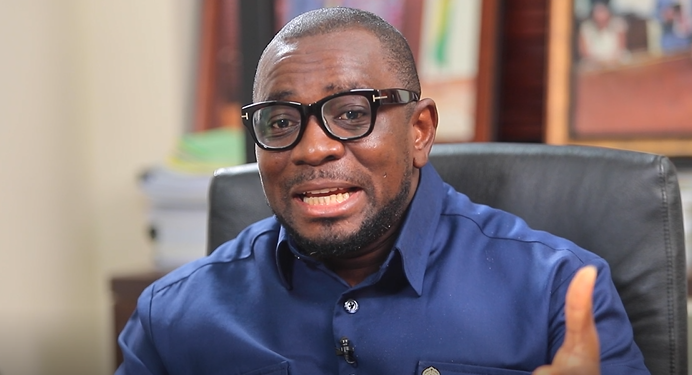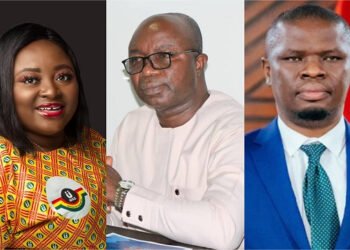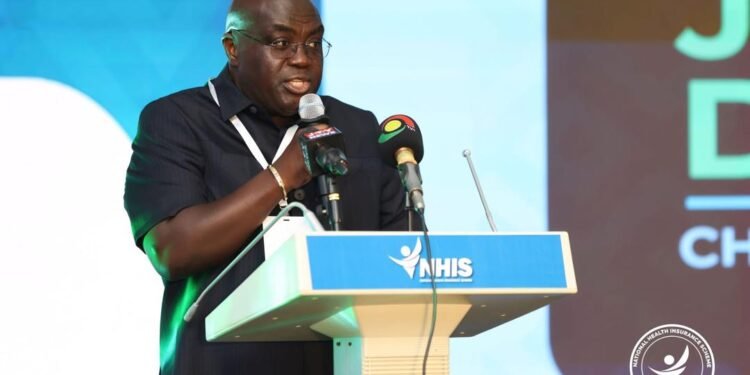The Member of Parliament for Akyem Swedru and Ranking Member on the Roads and Transportation Committee of Parliament, Hon. Kennedy Nyarko Osei, has proposed that Ghana’s vehicle registration system should be tied to the Ghana Card to improve identification and law enforcement on the country’s roads.
His suggestion follows the Driver and Vehicle Licensing Authority’s (DVLA) recent announcement of plans to introduce new number plates beginning January 2026. While welcoming the DVLA’s initiative, the legislator argued that a system linked directly to national identification numbers would deliver greater efficiency and enhance road safety.
“I think it’s a good idea because it will help deal with the issue of people keeping their cars and registering them in later years, and also help do away with those who normally use the year the car was registered to manipulate sales.
“What I want to propose is that instead of introducing random numbers, I will suggest that we use the last four unique identification numbers on the Ghana Card for the vehicle registration numbers.”
Hon. Kennedy Nyarko Osei
According to him, integrating vehicle registration with the Ghana Card would help the DVLA and security agencies to easily and accurately trace vehicles to their owners without wading through extensive paperwork.
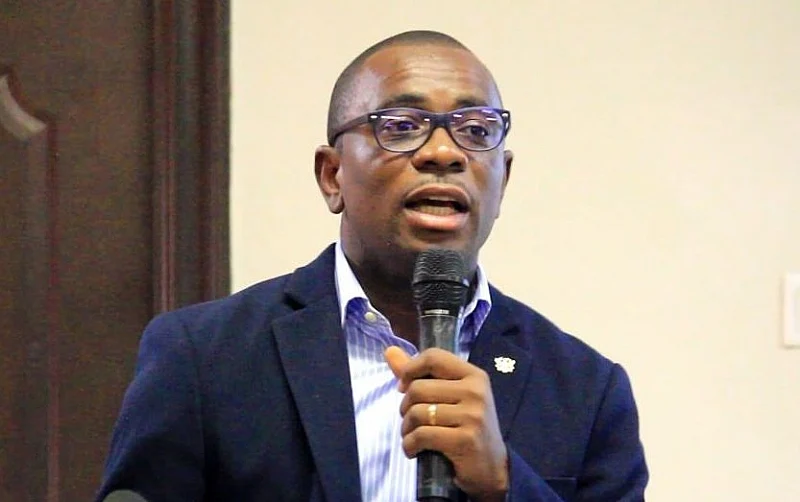
He explained that such a system would streamline the work of the Motor Traffic and Transport Department (MTTD) of the Ghana Police Service in dealing with road traffic offenders.
“This will help the DVLA and other relevant agencies to uniquely identify people with their unique vehicle registration numbers without necessarily having to search through huge files.
“This will ease the work of the MTTD on our roads and help deal instantly with traffic offenders, like it’s done in other developed countries.”
Hon. Kennedy Nyarko Osei
Corporate Bodies Vehicle Registration
The MP added that the proposal could be extended to corporate bodies, allowing companies to register their vehicles with numbers tied to their company registration details issued by the Registrar General’s Department.
Such a mechanism, he argued, would improve accountability and strengthen the ability of law enforcement agencies to track down vehicles used in crimes or traffic violations.
“Unique identification vehicle registration numbers are for easy crime detection and violation of traffic offenses on our roads. This identification helps the security agencies to identify the owners of particular vehicles involved in either crimes, accidents or traffic violation”.
Hon. Kennedy Nyarko Osei

Responding to public concerns raised about his proposal, Hon. Osei addressed the question of what happens when a registered car is sold to another person. He explained that the solution lies in adopting international best practice.
“In the developed world, like the US, you don’t sell your car with the unique registration plates to a third party. Any car sold to a third party must be re-registered with full details of the new owner, with a new registration number plate and insurance.
“We must end the era where third-party owners of vehicles still use the same registration number plates of the original owners.”
Hon. Kennedy Nyarko Osei
Multiple Vehicle Ownership
He also responded to concerns about multiple car ownership, pointing out that in advanced jurisdictions, a vehicle registration plate is tied to an individual for life. Thus, owners with more than one vehicle could maintain consistency in their registration through a numbering sequence.
“Your vehicle registration number or plate is your forever property which is tagged to you for your entire life. So whenever you own more than one vehicle, the number is added to your unique number.
“For example, if your original vehicle registration plate is 1F902135 and you add one or two cars again, your new number will be 1F9021351 and 1F9021352. This will be how those with multiple vehicles can still have their registration plates tied to the identities of their owners.”
Hon. Kennedy Nyarko Osei
Hon. Osei maintained that adopting this system would bring Ghana’s vehicle registration framework closer to international standards, improving traceability and road safety enforcement.
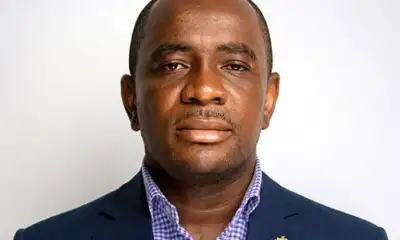
He underscored that the proposal was not simply about administrative efficiency but also about improving security, reducing fraud, and ensuring accountability in vehicle ownership and usage.
The DVLA’s plan to roll out new number plates in 2026 is part of efforts to modernize Ghana’s road transport system and curb the challenges associated with vehicle registration and identification.
While the Authority has not officially commented on Hon. Osei’s proposal, his intervention adds to ongoing debates about how best to reform vehicle registration in the country.
As Ghana prepares for the next phase of registration reforms, discussions such as these highlight the importance of ensuring that technological and administrative innovations are anchored in systems that guarantee transparency, security, and efficiency. For Hon. Osei, the Ghana Card offers the country the foundation for building such a system.
READ ALSO: Gold Fields Reports 181% surge in H1 2025, Reaffirms Growth Plans in Ghana

